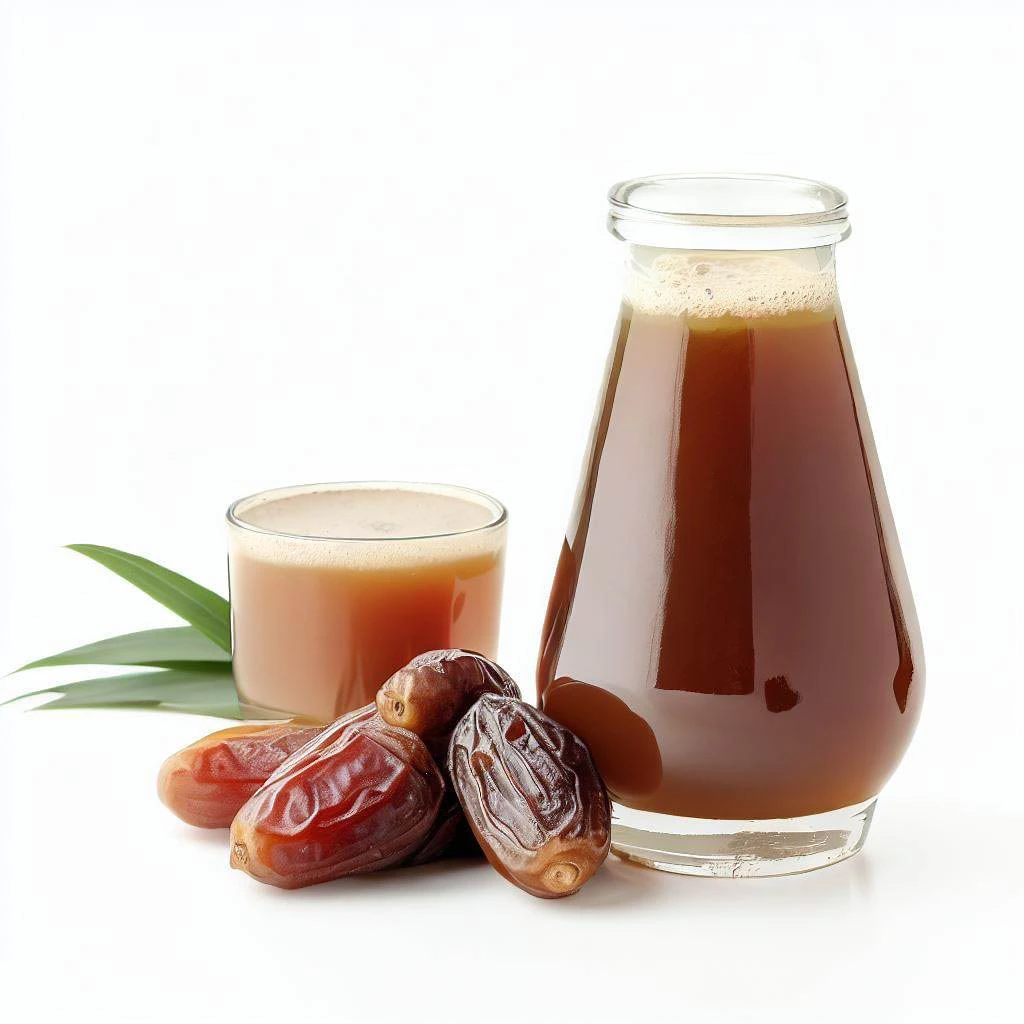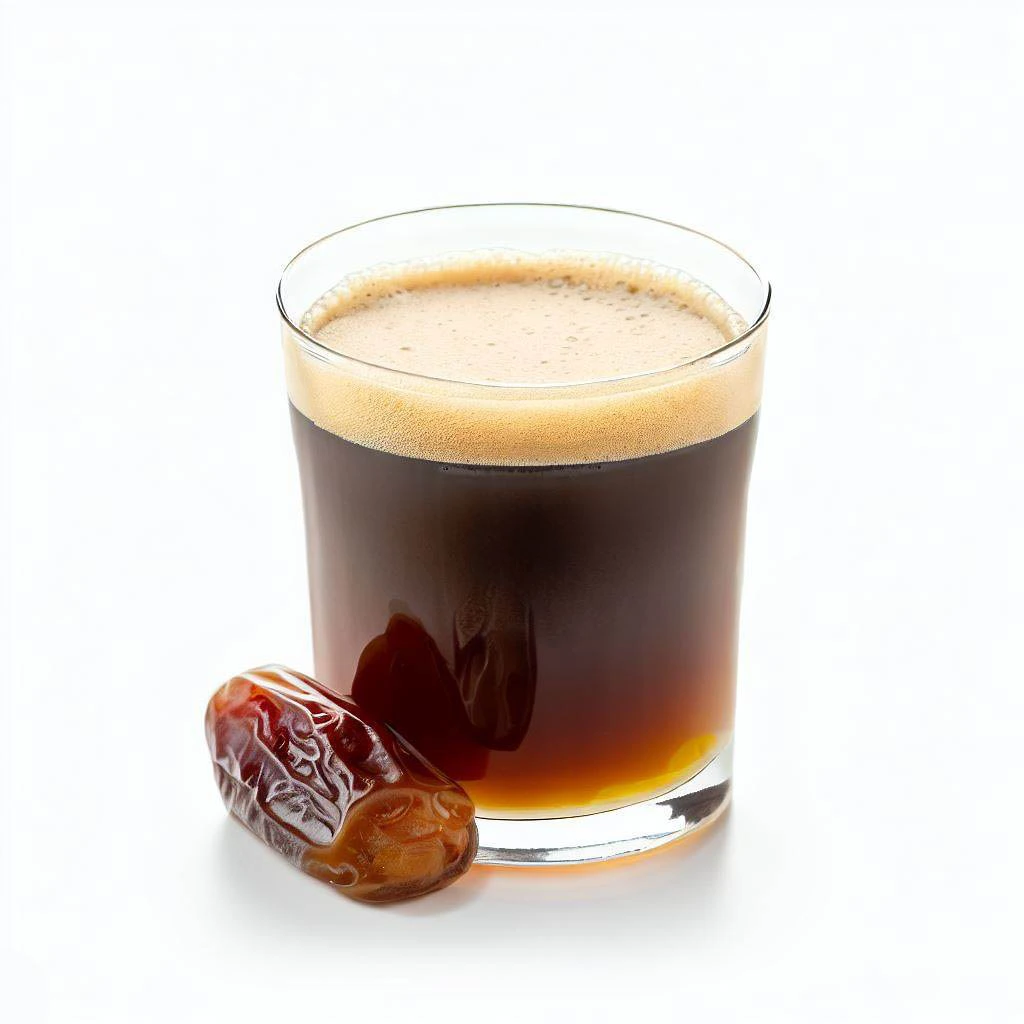What is the effect of HMF index on date juice concentrate?
Date fruit is consumed extensively around the world owing to its sweet taste, rich nutrient profile, and health promoting properties. Date juice concentrate is prepared by extracting and concentrating the liquid portion of dates, which is then used as a natural sweetener in foods and beverages. However, processing conditions can lead to accumulation of hydroxymethylfurfural (HMF) in date juice concentrates, which negatively affects quality. This article examines the formation, factors affecting, and impact of elevated HMF levels on date juice concentrates.
Date Juice Concentrate Manufacturing
Date juice concentrate is produced from ripened date fruits of varieties like Medjool, Deglet Noor, Barhee, etc. Dates are destoned, pressed in a screw press to separate juices, and filtered. The obtained date juice is concentrated under vacuum at temperatures not exceeding 70°C to a total soluble solids content of around 70-80%. The viscous concentrate is packaged for commercial use. Date juice concentrates retain most nutrients present in whole dates except fiber. They provide more economical and convenient use than raw dates in food processing applications.
HMF Formation in Date Juice Concentrates
HMF or hydroxymethylfurfural is formed in date juice concentrates by acid-catalyzed degradation of sugars like fructose and glucose especially at higher temperatures. It belongs to the group of furan derivatives. Acidic conditions (pH 3-5) favor HMF accumulation by promoting dehydration of hexose sugars to HMF. Prolonged heating above 60°C during juice extraction and concentration steps increases the HMF index in date juice concentrates. Storage at ambient temperatures also leads to a rise in the HMF index over time. Factors like browning enzymes, ascorbic acid, sugars, moisture content, and antioxidants influence the HMF index in stored concentrates.

What is the effect of HMF index on date juice concentrate?
Impact of High HMF Index on Quality of Date Juice Concentrates
HMF content is an important parameter used to assess quality deterioration in date juice concentrates. Some effects of increased HMF levels include:
- Altered Nutritional Value: Sugar degradation to HMF reduces calories and nutrient content of date juice concentrates.
- Color Changes: Higher HMF index leads to browning, darkening, and loss of vivid color in concentrates.
- Development of Bitter Flavors: HMF imparts bitter, caramelized flavors which alter the taste profile of concentrates.
- Reduced Shelf Life: Elevated HMF index accelerates spoilage reactions reducing shelf life of date juice concentrates.
- Safety Concerns: High HMF intake may raise health issues according to some studies about genotoxicity and cytotoxicity. Many countries have set maximum limits for HMF in foods.
- Non-compliance with Standards: Increased HMF index makes date juice concentrates unsuitable for use as per quality specifications prescribed by food safety authorities.
Controlling HMF Index in Date Juice Concentrates
Several ways can help limit HMF accumulation in date juice concentrates:
- Monitoring time-temperature during juice extraction and concentrating processes. Avoiding overheating above 70°C.
- Controlling acidity and pH close to neutral range during manufacture and storage.
- Blanching dates in boiling water for inactivating browning enzymes prior to juicing.
- Using anti-oxidants like ascorbic acid to slow down HMF formation.
- Packaging concentrates in oxygen impermeable containers like glass bottles.
- Storing concentrates under refrigerated conditions rather than ambient temperatures.
- Using zero or low-sugar varieties of dates for making juice concentrates.
- Adopting best hygienic practices during production to minimize microbial spoilage.
- Blending juices from dates of different maturation stages to optimize sugar levels.
- Removing sugars using pre-treatment with glucose oxidase enzyme prior to concentrating juice.
- Adding HMF binding adsorbents like chitosan during processing.
At Pomuna Co, we place immense emphasis on monitoring and controlling the HMF index in our date juice concentrates. Our proprietary manufacturing process allows careful regulation of time-temperature combinations during juicing and concentrating to minimize HMF buildup. We use rapid analytical techniques like high-performance liquid chromatography for accurately determining HMF concentrations in our products. Our quality control team scrutinizes each batch to ensure HMF levels are well within the prescribed limits. We have also adopted specialized storage and packaging protocols to prevent post-processing increase of HMF. The stringent quality checks and analytical procedures employed allow us to guarantee that our date juice concentrates have lower HMF indices compared to competitors. Our clients can be assured of our commitment to delivering top-quality date juice concentrates with maximum retention of nutrients and flavor.
In summary, monitoring and controlling HMF levels is crucial for quality maintenance in date juice concentrates. Using appropriate manufacturing practices can help restrict HMF formation and retain maximum nutrition and quality in date juice concentrates.

